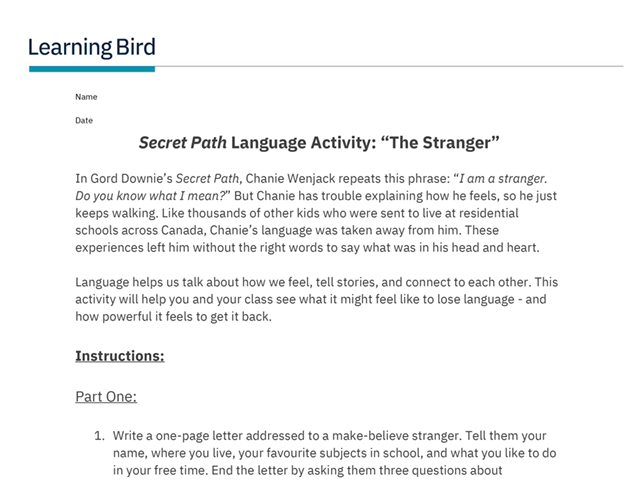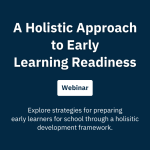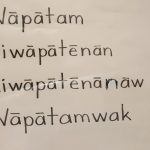Discussing Residential Schooling Through Novel Study
As educators, we often want to address deep, important topics with our learners. Still, we are unsure how to do so appropriately. You may worry that a topic is too intense or “grown-up” for your learners. Perhaps you worry about discussing controversial topics in the classroom. You may be concerned that you won’t do the topic justice. One such topic is residential schooling. This blog post will discuss using a novel study to teach and open discussions about residential schooling with learners of any age.
Literature for Social Justice
As part of her article Implementing Indigenous Education Policy Directives in Ontario Public Schools: Experiences, Challenges, and Successful Practices, Emily Milne surveyed 100 educators and parents in Ontario. Some non-Indigenous educators in Ontario feel “uncertain about what to teach and how” regarding Indigenous cultures and histories. It is likely how many educators across the country feel.
This blog post will discuss using novel studies to teach and discuss residential schooling with learners of any age. While reading this post, remember that novels are also a great way to discuss racism, empathy, and social activism. However, we focus on residential schooling specifically.
Address Difficult Topics
It has been well researched and documented that educators and parents can help foster empathy, acceptance, and social change through reading literature. Reading literature can also address complex ideas and concepts. In a recent CBC article, Jo-Anne Chrona, a curriculum developer with FNESC, expressed that reading books can create a space for conversation about difficult topics, particularly residential schools.
Using novels to discuss residential schooling may help learners feel safer talking about how it affects their lives and the lives of their families. Since this topic may hit very close to home, learners have the opportunity to talk about these themes through the eyes or perspectives of the characters in the novels before confronting them in their own lives.
Link Literature to Life
Some learners may not be aware of the effects of residential schools on those in their community. To bring the characters’ struggles to life, invite an Elder or a community member affected by or who went to residential school to speak to the learners. Hearing about residential schools from a novel study and community member may help learners understand how residential schools continue to affect Indigenous people and communities today. Be sure to follow any appropriate Protocols for inviting Elders or community members into the classroom.
Safe Spaces
It is important to note that the topic of residential schooling may deeply impact your learners. It will be important to foster a safe space in your classroom for learners when they are reading and discussing these novels. You may want to include time and space for learners to break from the discussion or activity if they feel overwhelmed. I’ve included some resources at the end of this article to help you learn about creating safe spaces and trauma-informed practice.
Novels About Residential Schooling
I’ve outlined three different novels below that address residential schooling differently. Educators can use these with different age groups by addressing the topics and themes at different levels.
You could use these three novels to begin discussions on residential schooling at the high school level. The Secret Path will also work well for elementary and middle school-aged learners. Fatty Legs works well for upper elementary to middle school learners. Good for Nothing works best in a high school class due to some language. The novel follows the main character into adulthood, containing mature themes.
Discussing the plot points and themes found in books like these will also enable you to open up discussions that can be difficult to get going in a classroom. Talking about the terrible things that happened in residential schools and their enduring legacy among First Nations, Métis, and Inuit populations can begin with books. These books, and others like them, can be especially helpful in starting these discussions if you feel ill-equipped to address these topics in class directly.
At Learning Bird, we have created lessons that you can use to support the inclusion of these books in your class. These lessons vary in content. Some introduce the history of residential schools. Others help learners analyze the novels based on the theme, character, and other literary devices. Below, you will find one sample novel study lesson for each book. There is also a description of what learners can learn and how you could use it in your class.
The Secret Path Novel Study
The Secret Path is a graphic novel written by Tragically Hip lead singer Gord Downie and illustrated by Jeff Lemire. Complementing the graphic novel is a ten-song album. They also turned this story into an animated film, aired nationwide on CBC Television. The Secret Path retells the true story of Chanie Wenjack, a young boy who died while trying to escape from a residential school in Ontario.
Secret Path Language Activity “The Stranger”
In this activity, learners write letters to an imaginary stranger, only to realize they can not use several basic words like “the,” “and,” “me,” and “to.” After removing these words, learners rewrite their letters and make them understandable. This activity is all about losing your language and being unable to express yourself. Many residential school Survivors went through this and may still feel its effects today.
You could use this activity during or after reading the novel. It will reinforce the theme of lost language from the story. It will encourage learners to discuss how being unable to express themselves makes them feel. In turn, discuss the long-lasting effects of residential schools and what children forced away from their families lost.
Look at our previous blog post if you would like to learn more about the lessons we have created to support you in teaching The Secret Path. All these lessons are free and available for any educator to access and use in their classroom.
Fatty Legs Novel Study
Christy Jordan-Fenton and Margaret-Olemaun Pokiak-Fenton wrote the memoir Fatty Legs. This autobiographical story chronicles Margaret’s experiences leaving her community and going to residential school.
Getting Ready to Read “Fatty Legs”
This lesson is a great introduction to the memoir Fatty Legs. It helps learners make predictions about the story and leads them through a couple of pre-reading activities. It also prepares learners to read other books by explaining that you can use the strategies outlined in this video before reading any book. Use this lesson before reading Fatty Legs to pique learners’ interest and introduce pre-reading activities.
Good for Nothing Novel Study
Michel Noël wrote Good for Nothing, the story of Nipishish, a young man who feels out of place everywhere. It discusses the ongoing legacy of residential schools in the lives of Survivors.
Critiquing a Character
This lesson introduces learners to the concept of formally critiquing a character. They learn criteria to critique a character and then practice by critiquing Mona Paradis from Good for Nothing. Learners can use these criteria to critique any character for a novel study.
It would be best to use this lesson with learners after reading Good For Nothing. That way, learners will have all the information about Mona Paradis to critique her character. It is a great introduction to critiquing a character and the act of critiquing in general. After viewing this lesson, learners will know to formulate opinions about characters and do more than say, “I didn’t like this character” when you ask them their thoughts.
Resources to Support Learners
The following resources will help you best support learners triggered while reading about or discussing difficult topics. They can also help learners who may be reliving traumatic events while discussing topics such as residential schooling.
- Alberta Education’s information on Trauma-Informed Practice
- National Child Traumatic Stress Network’s Psychological First Aid for Schools Manual
Resources to Support Teaching Residential Schooling
As schools and school boards across Canada introduce a curriculum that deals with residential schooling, as per the Truth and Reconciliation Commission of Canada’s call to action regarding education for reconciliation (#63), many educators are seeking resources to help them do this topic justice. Below are some additional resources you may find helpful to broach this subject in your class.








